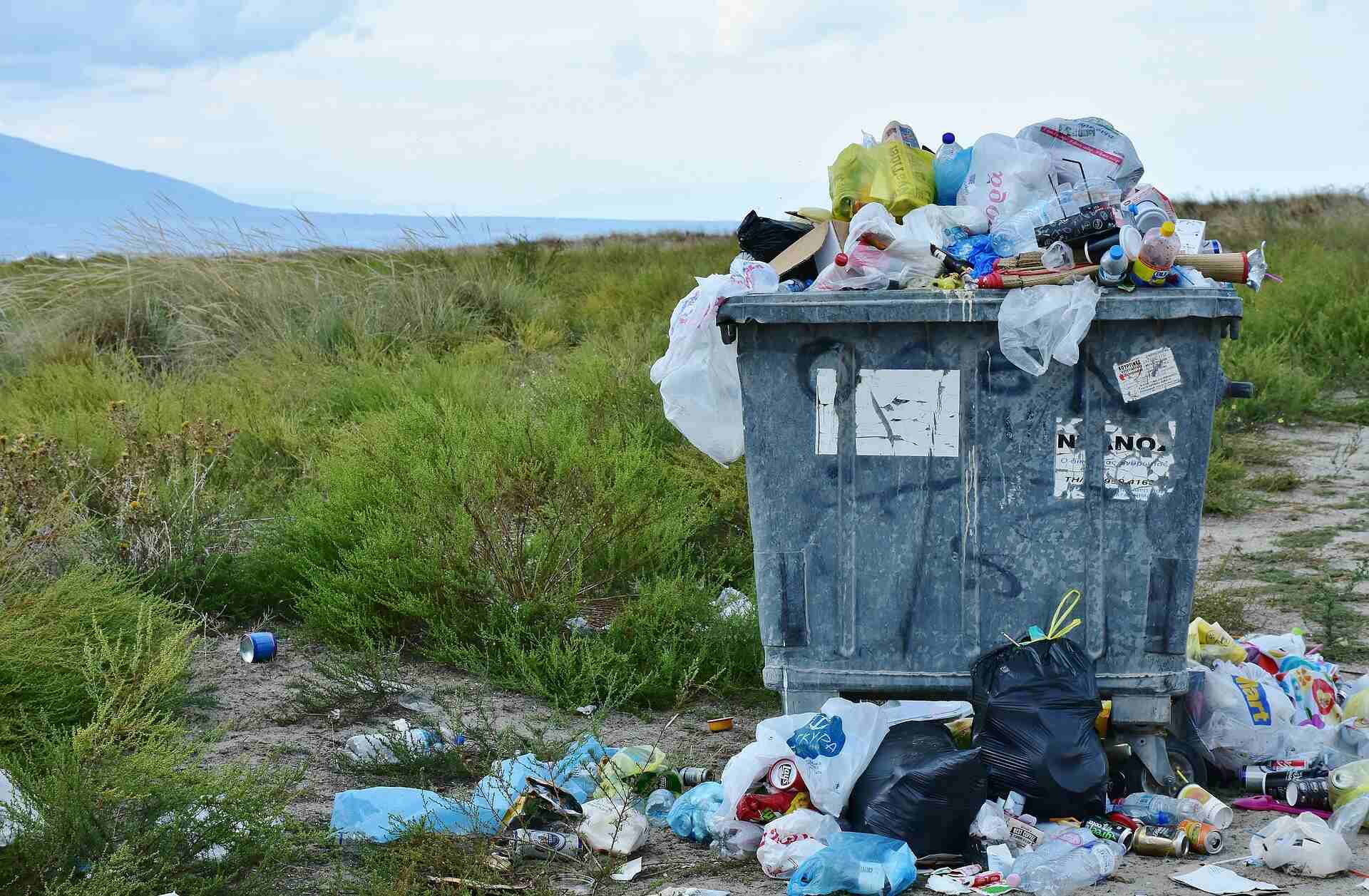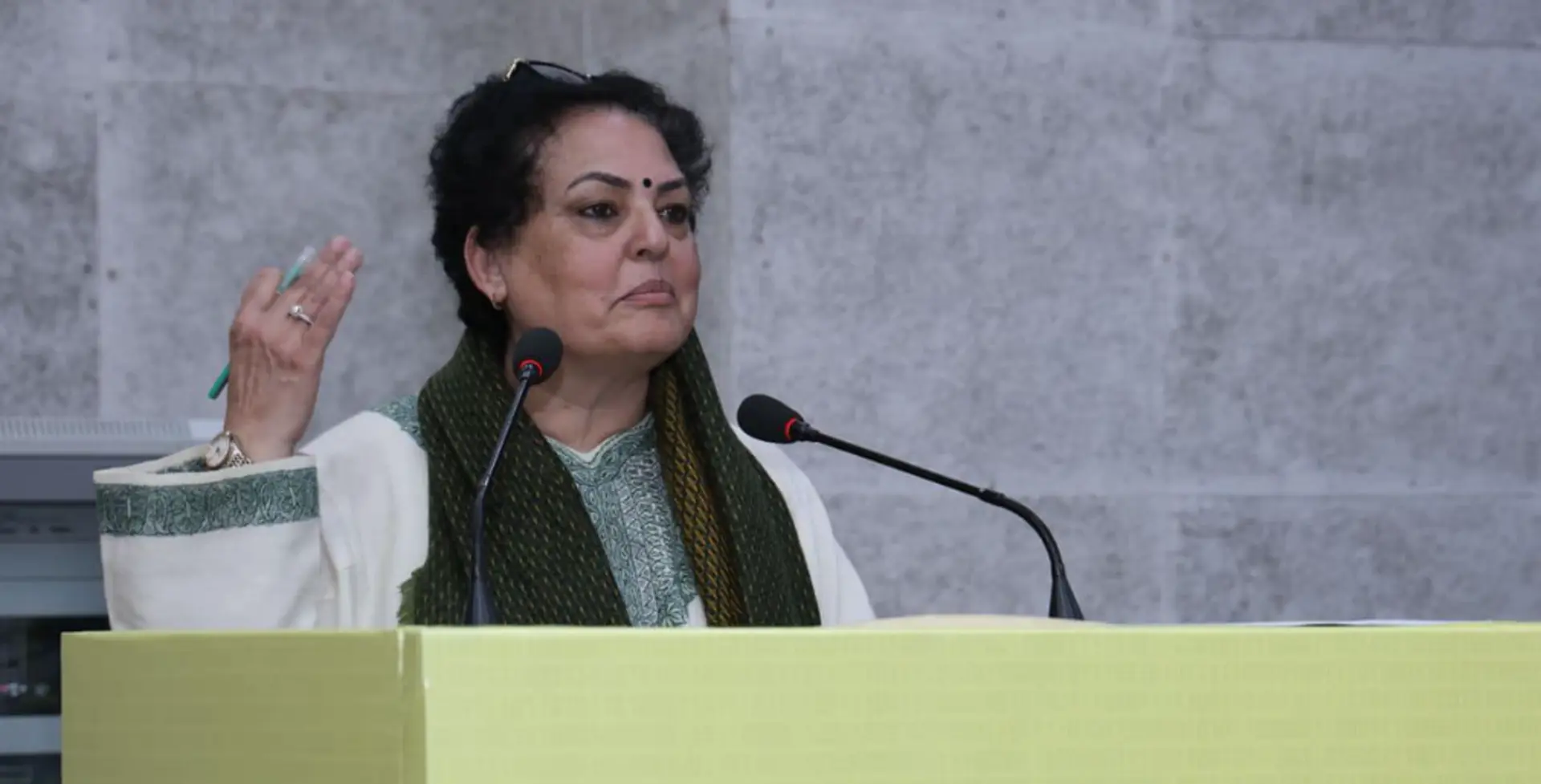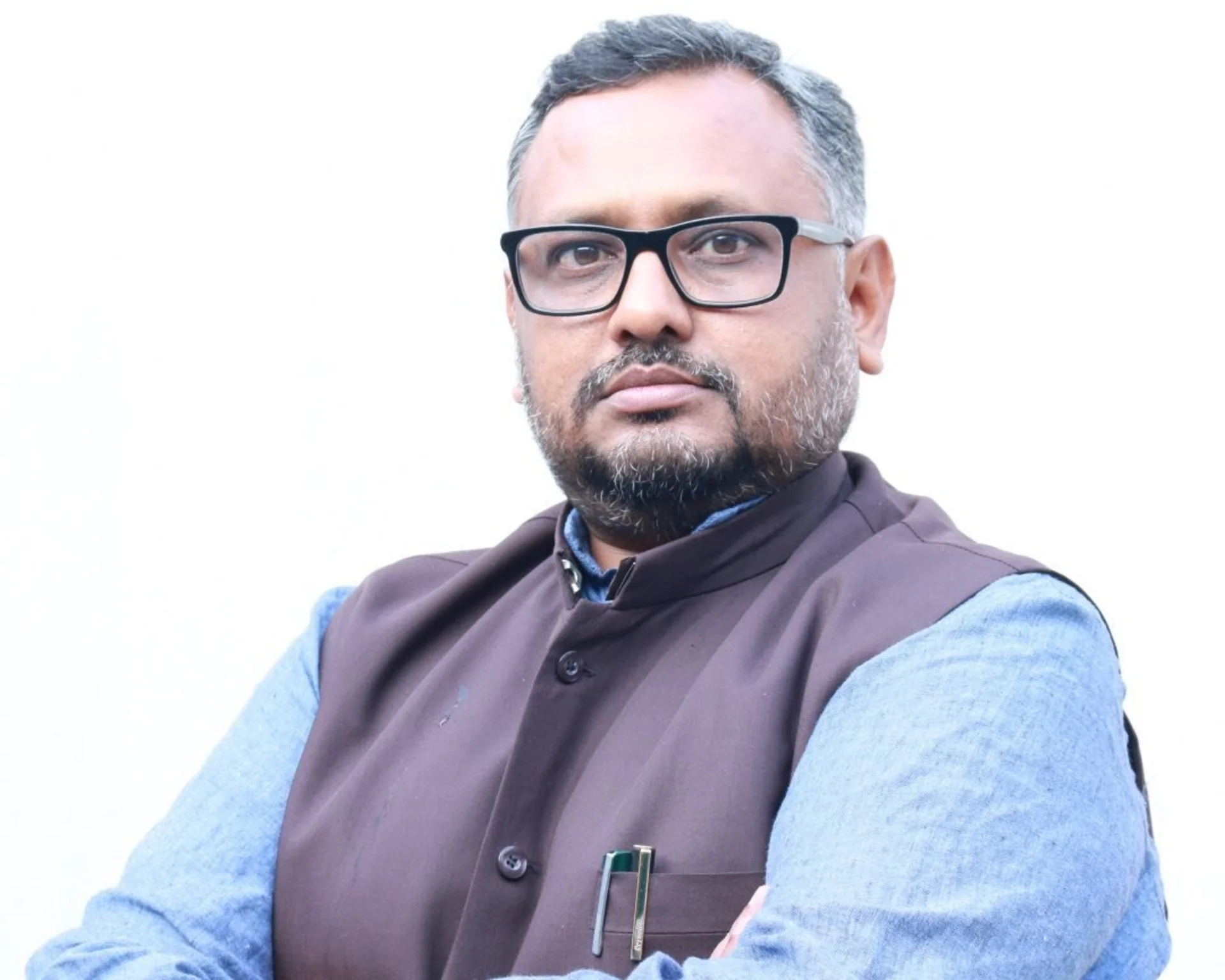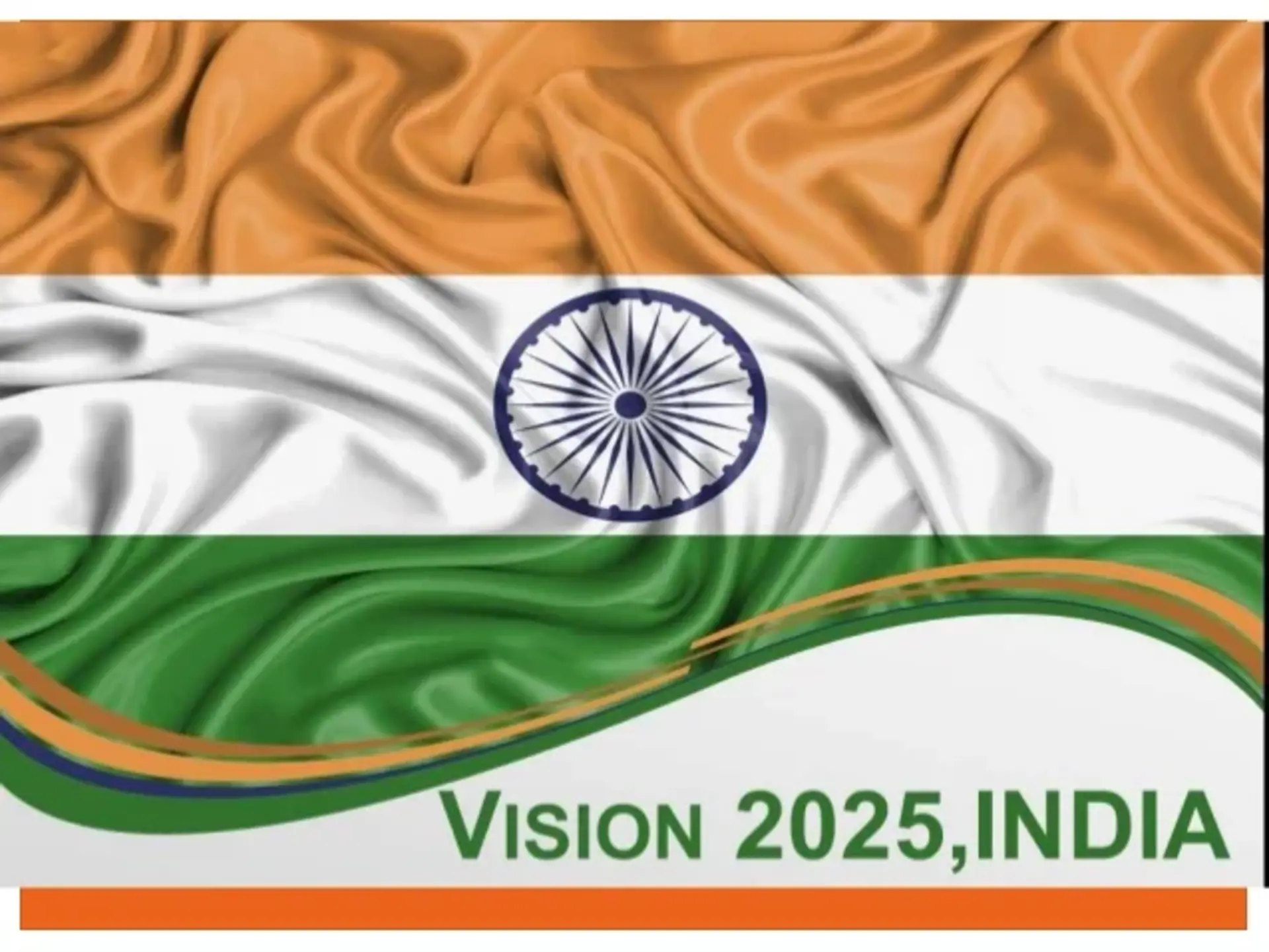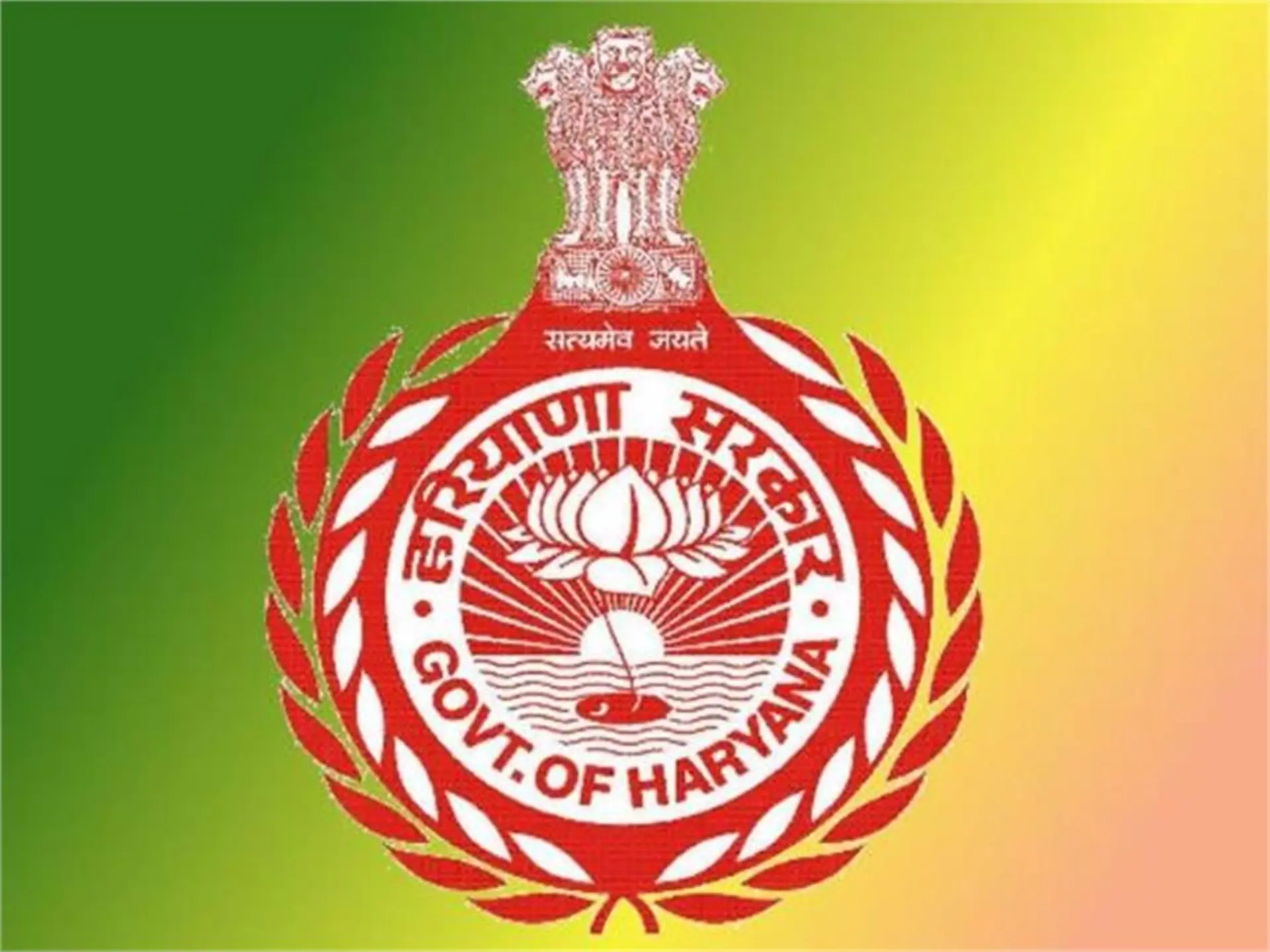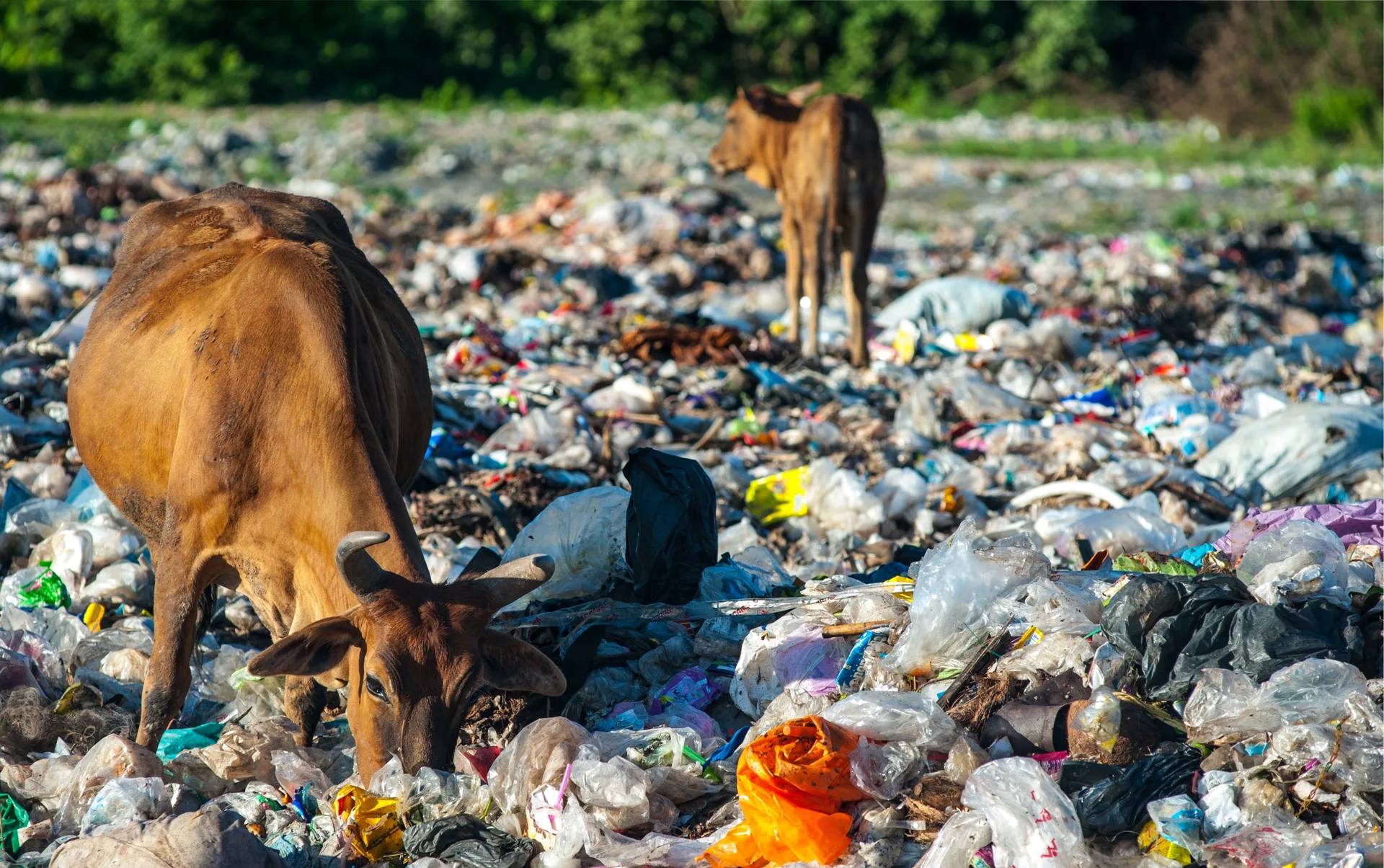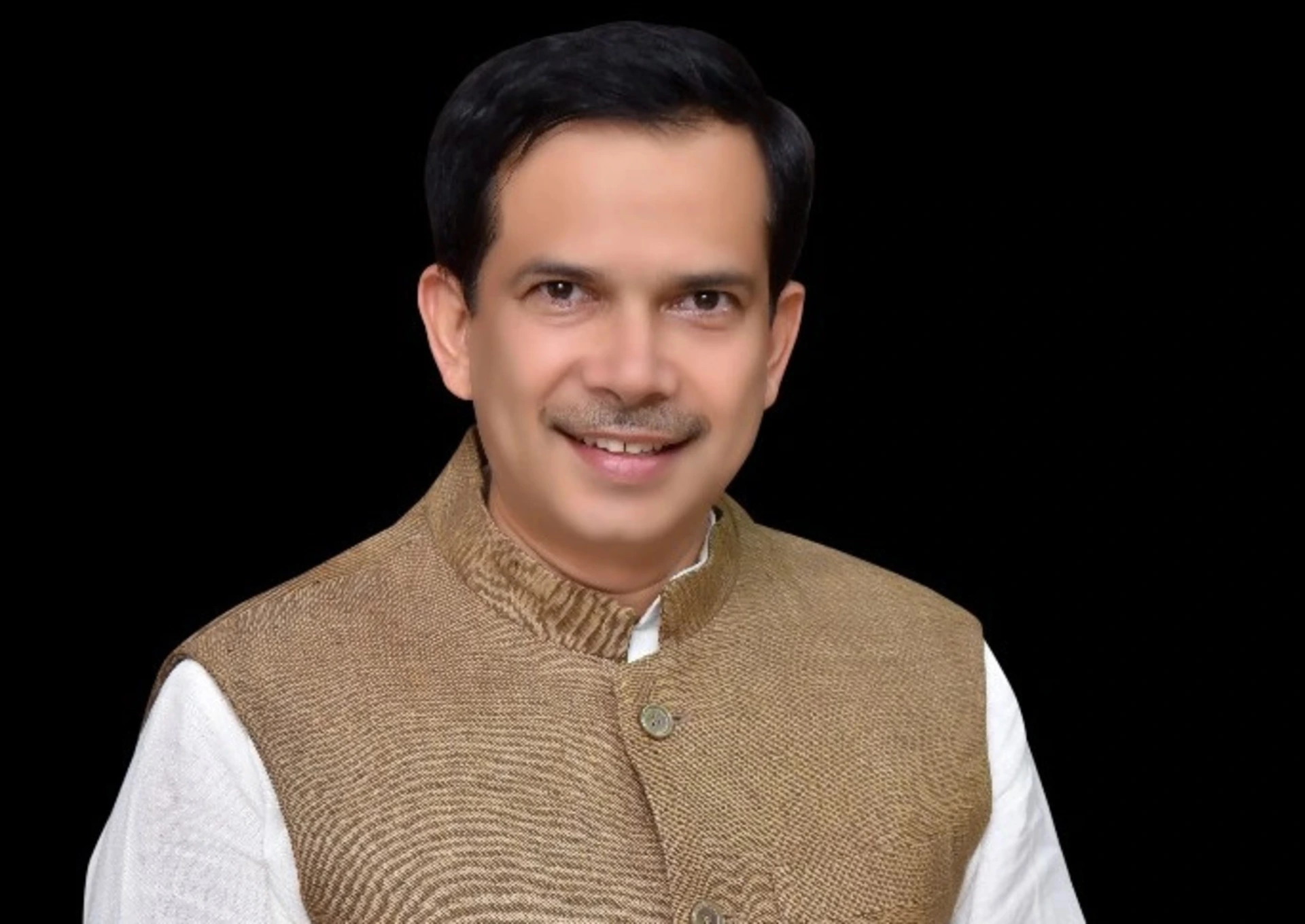
Climate extremes are no longer outliers but a new normal as record-breaking temperatures become increasingly common. This trend defies historical climate patterns and challenges our expectations and preparedness for the future. It sends a clear signal: we need to recalibrate our climate models to effectively predict and mitigate the outcomes of this new climate regime.
Importantly, developing nations like India have been historically affected the most by climate shocks and are expected to further increase major health impacts, increasing malnutrition and related health disorders such as child stunting, spreading vector-borne diseases, and causing a rise in diarrhoea cases and cholera outbreaks.
India is facing a growing problem with plastic waste. Every day, a staggering 26,000 tonnes of plastic waste is generated in the country. Most of this waste comes from single-use plastic food and beverage containers, and a shocking 85 per cent of it either goes to landfills or is improperly disposed of.
This has severe environmental consequences. Marine wildlife is suffocated by this waste, soil quality is degraded, groundwater is contaminated, and potential health risks are associated with exposure to such waste. What makes matters worse is that only a small fraction of this plastic waste—just 8 per cent—is recycled. This highlights a significant gap in India's waste management system that needs urgent attention and action.
The implications of plastic pollution are not limited to environmental damage but include serious health problems. A landmark study revealed that individuals with microplastics in their systems are significantly more likely to experience health issues, highlighting the urgent need for global awareness and intervention. Another research indicated that microplastics can stop seed germination, root development and nutrient uptake in plants due to their small sizes and strong adsorption capacities.
Where is the problem?
The main reason for this issue is that the enforcement of Extended Producer Responsibility (EPR) and single-use plastic bans just isn't that good. These rules make companies responsible for minimizing or recycling their plastic waste. However, companies aren't following the rules, and there aren't any strong systems in place to ensure they do. As a result, a lot of plastic waste ends up in the environment.
Policy Recommendation
As the nation confronts this challenge, researchers and policymakers highlight the multifaceted approach needed to mitigate plastics' impact on our planet. India has taken some steps in this direction, including banning certain single-use plastics in certain states, but enforcement remains an issue.
To address the issue, India might consider regulating plastic packaging and promoting biodegradable alternatives, as Japan and Italy have done. This could significantly reduce plastic waste and encourage sustainable practices. Additionally, public awareness campaigns and improvements to waste management infrastructure could also be effective measures. Incentivizing research and development in alternative materials and recycling technologies could foster innovation.
Finally, embracing circular economy principles, similar to those implemented by the European Union, could help drastically reduce waste by promoting reuse, recycling, and the development of sustainable materials. Overall, a multifaceted approach is needed to effectively tackle the plastic pollution problem in India.
The plastic crisis is not insurmountable but requires a concerted effort from governments, industries, and individuals worldwide. The United Nations has recently advocated for a worldwide treaty aimed at eradicating plastic pollution by the year 2040. As responsible Indian citizens, we must offer our unwavering support to such initiatives while taking individual steps to reduce, reuse, and recycle plastic materials daily.
The plastic pollution crisis is a ticking time bomb that requires immediate action to defuse. As India continues to navigate these challenges, the path forward involves policy reform, international cooperation, and a fundamental shift in the production, consumption, and disposal of plastic materials. Furthermore, promoting plastic/climate literacy across generations can empower communities, reduce plastic waste, and foster sustainable practices. The time to act is now to ensure a sustainable and prosperous planet for future generations.



